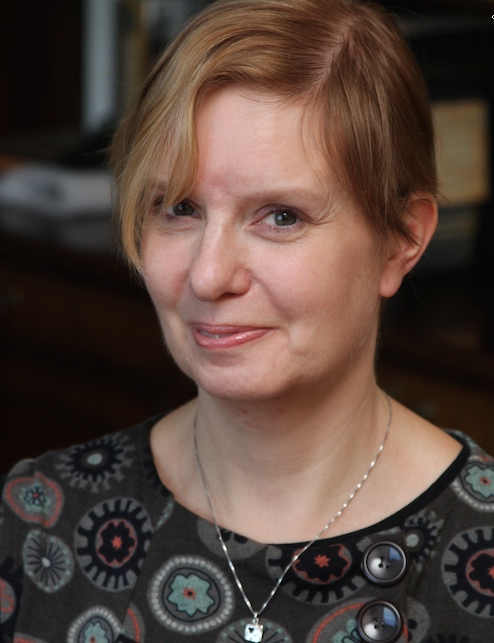
 As a not-for-profit, ORCID relies on the support of our organizational members, including more than 40 publishers. Taylor & Francis is one of those members and in this interview Elaine Devine, their Senior Communications Manager (Author Relations), and Matt Cannon, Publisher (Earth and Environmental Science Journals), answer some questions about the organization and its involvement with ORCID.
As a not-for-profit, ORCID relies on the support of our organizational members, including more than 40 publishers. Taylor & Francis is one of those members and in this interview Elaine Devine, their Senior Communications Manager (Author Relations), and Matt Cannon, Publisher (Earth and Environmental Science Journals), answer some questions about the organization and its involvement with ORCID.
Please can you tell us a bit about Taylor & Francis?
Taylor & Francis Group partners with researchers, scholarly societies, universities and libraries worldwide to bring knowledge to life. We’re one of the world’s leading publishers of scholarly journals, books, ebooks and reference works, and our content spans the Humanities, Social Sciences, Behavioural Sciences, Science, and Technology and Medicine.
When and why did Taylor & Francis first get involved with ORCID?
We were one of the early supporters of ORCID, contributing start-up costs back in 2012. We could see how it could be used and the value it could bring to the research community, and did our first ORCID awareness campaign to authors publishing in Taylor & Francis and Routledge journals in 2013. We then became a member the following year.
How does Taylor & Francis work with ORCID?
We’re currently expanding our use, moving beyond their display on journal article PDFs to a much closer integration on Taylor & Francis Online, so researchers can really benefit from the rich capabilities that ORCID offers. As well as promoting ORCID to our authors, this also includes running a trial on our Biological, Earth and Environmental Sciences journals, where we are requiring authors to include an ORCID iD as standard in their online submission (and for reviewers and editors for those journals to have one too).
We’re running the trial for three months (starting in mid-March) and are looking forward to seeing how the results compare across the three groups of journals involved. In the first group we are requesting authors include an ORCID with each submission. In the second group authors will receive information on the benefits of ORCID and how to add their iD to their submission. The third group is a control, where no direct action will be taken. Being able to compare take-up and feedback across the three groups should be fascinating, and we’ll be sharing the findings too.
What impact has ORCID had in your community?
At Taylor & Francis we work with a number of different communities – researchers, librarians, journal editors and authors, who can be based anywhere in the world. We’re seeing a growing awareness and interest in ORCID generally across these groups, and our own author survey shows a steady upward trend of authors with an ORCID iD in the last four years.
We want this to grow though, hence the trial, which should increase awareness within Biological, Earth and Environmental Sciences disciplines. Early indicators are positive even among the control group (who will have heard about the trial but haven’t been specifically asked to take any action), with a noticeable increase in account holders in the submission systems verifying their ORCID iD, and linking to their personal information. It seems promoting the trial via our Author Services and Editor Resources websites, on social media, via email, and in discussions with these groups has pushed people into registering for an ORCID iD, and using it when interacting with our journals.
What can we do to improve our support for you and your community?
We’re sure you will, but continuing to work with publishers, institutions and funders to embed ORCID and offer consistent messages we can all share on the benefits for the whole community. At Taylor & Francis we’re working hard to integrate ORCID into all our systems, so researchers can have a consolidated identifier that can be used by everyone involved in the scholarly community. Having those messages there from the team at ORCID will help us in that work.
What’s your favorite ORCID success story?
When we started the trial we contacted journal editors with details about it, one of whom responded by telling us about the problem she has with her surname. It’s a common name with an unusual spelling and she told us that for her there is always the possibility that citations of her work are lost due to mis-spelling. As well as helping people who move between institutions and / or change email addresses, having an ORCID iD will stop this happening in the future. This is just one example of where an ORCID iD will be enormously beneficial but it’s in examples like this that you can really see the impact it can have. Multiply that by the number of people who are likely to have the same problem and you start to see how effective that unique identifier can be.
Which three words best sum up ORCID for you?
Identifiable, transparent and potential – for researcher, institution, funder and publisher.
